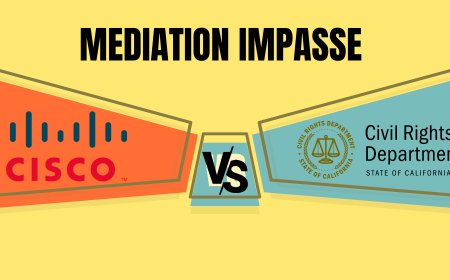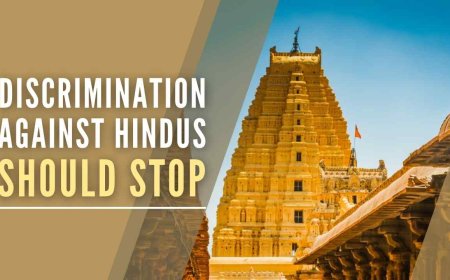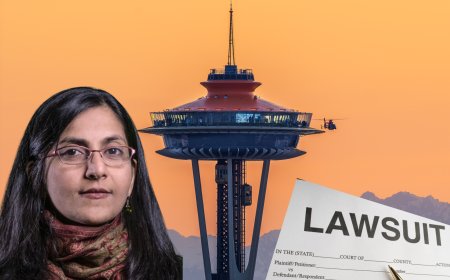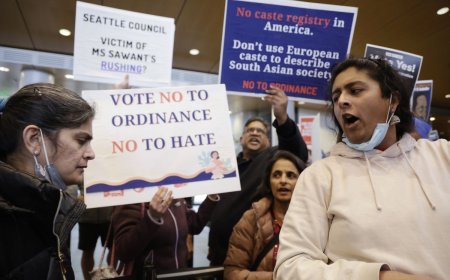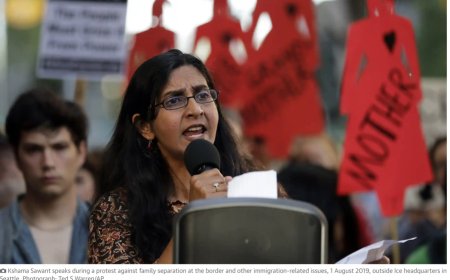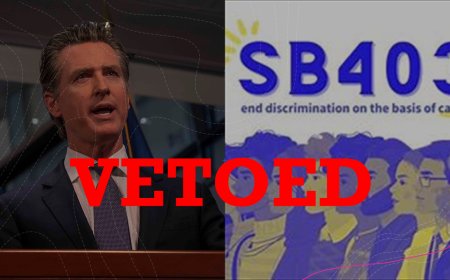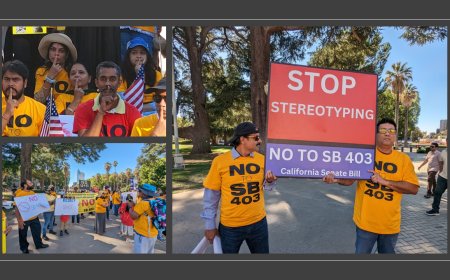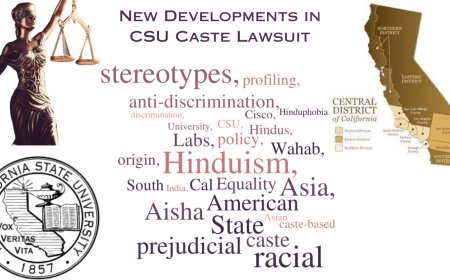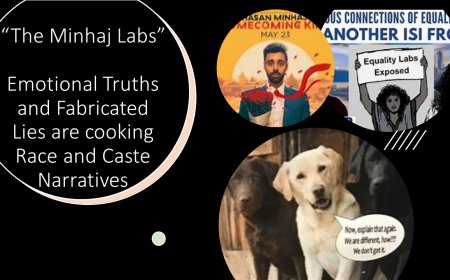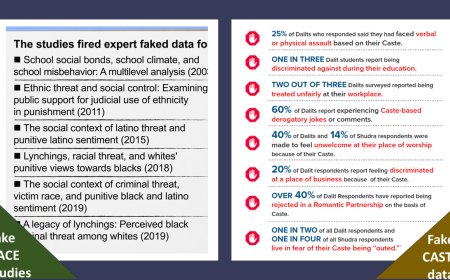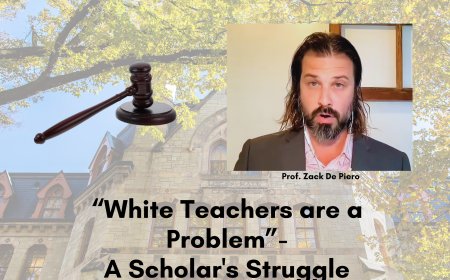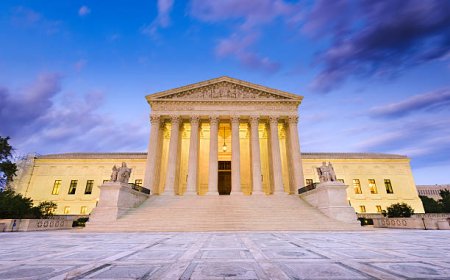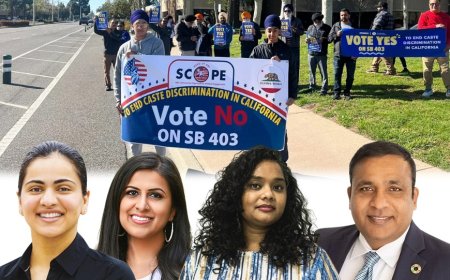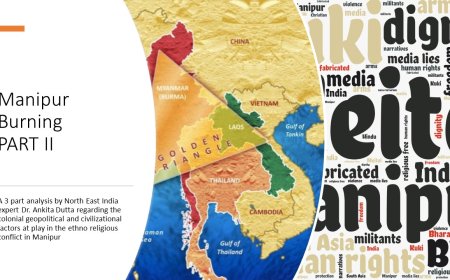Caste Discrimination Lawsuit Against Cisco a Cry Wolf Tactic: Concerns for Hindu, South Asian, and Indian American Communities

By Richa Gautam
(Editor's Note: This article has been updated to reflect that the baseless and xenophobic caste lawsuit filed by the California Civil Rights Department (CRD) on behalf of a self-identifying Dalit against two Cisco employees (Sundar Iyer and Ramana Kompella) has been dismissed, leaving the employees vindicated. The case lacked factual support and relied on a debunked report by Equality Labs to bolster its claims of widespread caste discrimination in the tech sector, including at Cisco. The judge's refusal to accept the report as evidence in February 2021 proves that the State of California violated civil rights and attempted to attribute wrongdoing to Hindus and Indian Americans based on their religion or ethnicity.)
The recent lawsuit filed by the California Civil Rights Division (CRD) – previously the Department of Fair Employment and Housing's (DFEH) – on behalf of “John Doe” alleging caste discrimination at Cisco's San Jose headquarters has caused concern among various communities and is a "cry wolf" tactic that is harming the cause of genuine discrimination faced by Dalits and in doing so the CRD has created unnecessary alarm and prejudice among Indian and Hindu communities.
Concerned Hindu students and Americans are worried about being prejudiced due to inflammatory caste resolutions, which could single out Hindus unfairly.
Dalits have historically faced discrimination and prejudice due to the British colonial system imposed on India, which aimed to control the Hindu population on the Indian subcontinent. While it is important to fight against genuine cases of discrimination, the lawsuit filed on behalf of "John Doe" has been criticized for harming the image of Hindus and causing worry among South Asians and Indian Americans about their career prospects as there is zero evidence to substantiate the claims presented by a self-proclaimed Dalit "Doe" that he failed to secure a head of engineering position from his previous employers on the basis of his caste.
The lawsuit has also raised concerns among Hindu Americans and those perceived to be Hindus, including South Asian Sikhs, Jains, Muslims, Christians, Buddhists, and others of South Asian origin. These individuals are worried that they will be caught in the net of caste-based insinuations and projected as belonging to a religion of inequity. This concern is especially significant as there already exists broad anti-discriminatory protections available in California and under US law.
The CRD's attempts to define a religious caste identity on an openly irreligious American citizen are unconstitutional and should be a cause for grave concern amongst the almost 100 million-strong irreligious citizens in the United States of America. Most Indians living in North America are not even aware of their "Caste" and do not subscribe to such ideology, which is the case with the Defendants in the Cisco Caste case, Sundar Iyer, and Ramana Kompella.
This case is nothing more than a prejudiced and lethal campaign to insinuate unrest among Indian Americans and present them unfavorably to future employers, particular in the STEM industries, and harming their career prospects. Most Indians living in North America are not even aware of their “Caste” and do not subscribe to such ideology, which is the case with the Defendants in the Cisco Caste case, Sundar Iyer and Ramana Kompella. The insinuation of allegations against so-called “Brahmins” and the upper Caste is bound to set a dangerous precedent that will have far-reaching repercussions in American companies. It is crucial to address discrimination in all forms, but it must be done in a way that is fair, just, and does not harm innocent people.
The CRD’s attempt to define a religious caste identity on two openly irreligious American citizens – namely Iyer and Kompoella -- is unconstitutional and is cause for grave concern.
The lawsuit has caused unnecessary alarm and prejudice among Indian American communities. While it is important to fight against genuine cases of discrimination, the use of "cry wolf" tactics can harm honest Dalits and individuals and groups who are truly discriminated against based on an assumed caste. Furthermore, cry wolf tactics like those exhibited in this case presented by Doe and the CRD creates unnecessary alarm and prejudice among Indian and Hindu communities. It is crucial to address discrimination in all forms, but it must be done in a way that is fair, just, and does not harm innocent people. It is important to address genuine cases of discrimination, but it must be done in a way that does not harm innocent people or create unnecessary alarm and prejudice.




